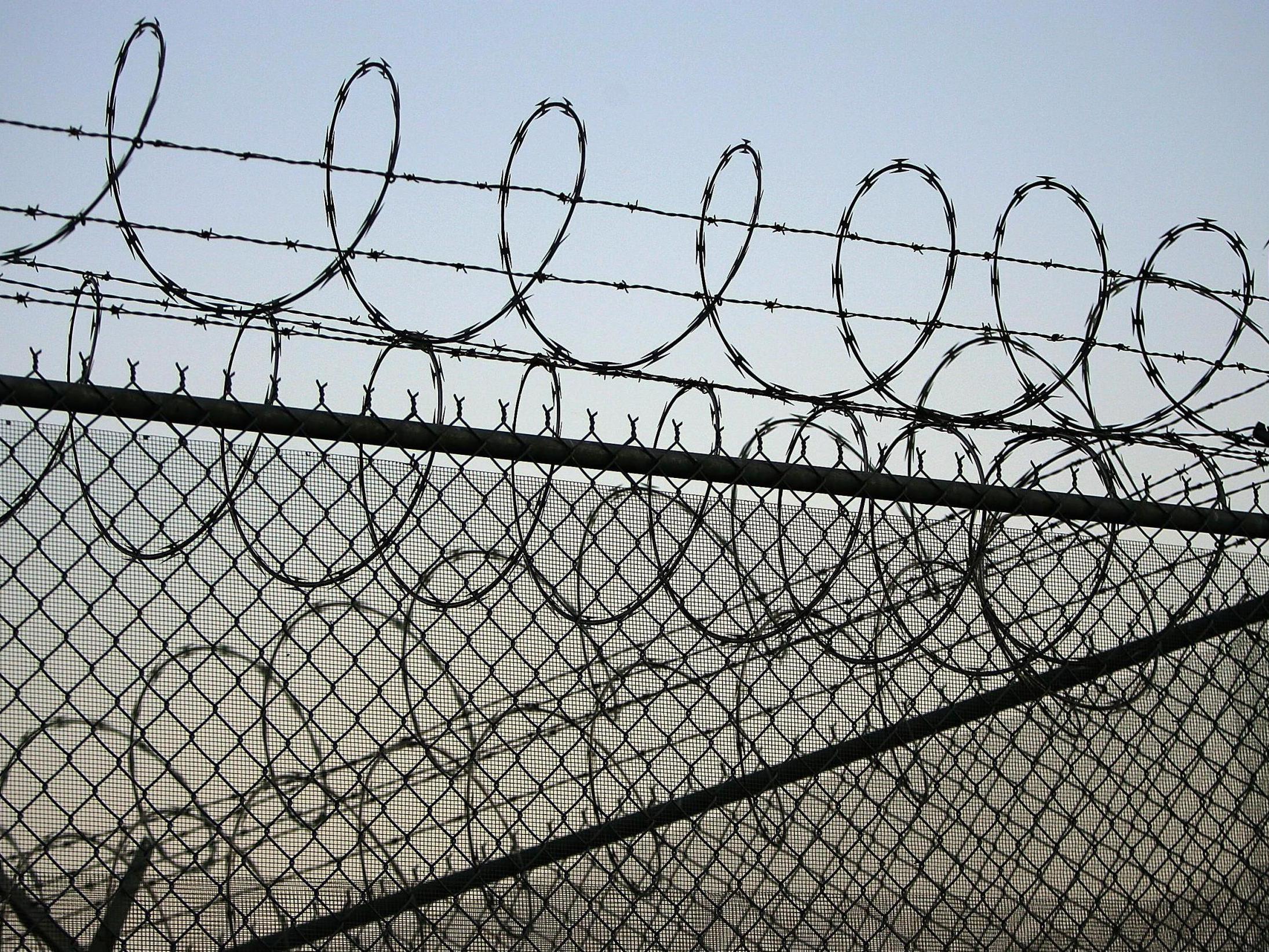Home Office ‘illegally’ put trafficking victims in detention centres, report finds
Exclusive: Ministers are accused of prioritising immigration control over survivors’ right to support – and of breaching their responsibility to assist them in their physical and psychological recovery under European law

Your support helps us to tell the story
From reproductive rights to climate change to Big Tech, The Independent is on the ground when the story is developing. Whether it's investigating the financials of Elon Musk's pro-Trump PAC or producing our latest documentary, 'The A Word', which shines a light on the American women fighting for reproductive rights, we know how important it is to parse out the facts from the messaging.
At such a critical moment in US history, we need reporters on the ground. Your donation allows us to keep sending journalists to speak to both sides of the story.
The Independent is trusted by Americans across the entire political spectrum. And unlike many other quality news outlets, we choose not to lock Americans out of our reporting and analysis with paywalls. We believe quality journalism should be available to everyone, paid for by those who can afford it.
Your support makes all the difference.The Home Office has knowingly held victims of modern slavery in removal centres in what experts say is a breach of the law, The Independent can reveal.
In some cases, detention has been used to supposedly safeguard trafficking victims, according to a report by a group of charities. Law enforcement agencies often refer them to removal centres as a way to “protect” them from returning to an exploitative situation – despite the traumatising effects it can have, said the Labour Exploitation Advisory Group (LEAG), which supports trafficking victims.
The charities said this was a breach of the UK’s responsibility under European law to help modern slavery survivors recover physically, psychologically and socially. The group accused ministers of prioritising immigration control factors over victims’ right to support.
Separate figures, obtained by the Scottish Refugee Council through a freedom of information (FOI) request, back up these findings – 255 people confirmed as modern slavery survivors by the National Referral Mechanism (NRM), the Home Office’s framework for identifying victims, were placed in removal centres between 2016 and 2018.
Fifty-six of these individuals were identified as victims before being detained, and 10 were identified while in detention and remained locked up, according to the data.
In one case highlighted in the report, the Home Office maintained the detention of a man after he was identified as a potential victim by the NRM on the grounds that his entitlements, which are supposed to include safe house accommodation and financial support, could be met in detention.
The LEAG said a lack of any appropriate mechanism to identify victims of trafficking in detention, as well as the Home Office’s desire to “effect swift removal from the UK” meant trafficking indicators were being missed or ignored, preventing timely identification.
The group also said the Home Office’s failure to publish data on potential victims of human trafficking in detention, highlighted last week by The Independent, reduced transparency around their identification and obstructed evidence-based policymaking.
The report criticises the Home Office’s “Adults at Risk” policy, introduced in 2016 to reduce the number of vulnerable people in detention, saying it serves to maintain detention in the vast majority of cases where a detainee is accepted as vulnerable, as vulnerability factors were regularly outweighed by “immigration control” factors.
In 2018, the Home Office maintained detention in 78 per cent of the cases where someone was identified as vulnerable, according to the research.
In response to the findings, 10 organisations, including charity Anti-Slavery International and law firm Duncan Lewis Solicitors have announced the launch of a new taskforce that will seek to end the detention of modern slavery victims and will advocate for “vital” changes to government policy.
In a joint statement, the organisations said: “Members believe that immigration detention should play no part in a progressive and fair immigration system. Until this is realised, the Home Office must immediately strengthen and implement its own guidance to ensure that no victim of human trafficking is ever detained.”
Emily Kenway, senior adviser at Focus on Labour Exploitation (Flex), which is also part of the new taskforce, said locking people up when they have experienced the trauma of being trafficked was “clearly at odds” with the government’s own aim of reducing harm caused to victims.
She said there was a ”conflict of interest” in the fact that the Home Office was dually responsible for immigration enforcement and tackling modern slavery, adding: “This leads to cases like those exposed today, where victims are treated as offenders and their immigration status is prioritised over their right to support.”
Pierre Makhlouf, assistant director at Bail for Immigration Detainees (BID), which is also a member of the taskforce, said the charity “repeatedly” saw vulnerable people refused bail despite the Home Office’s guidance intended to protect adults at risk in detention.
“The government must review its approach to these cases so that the needs and rights of those who are victims of human trafficking are protected,” he added.
Graham O’Neill, policy manager at the Scottish Refugee Council, said: “It should never need saying that no survivor of the human rights abuse of slavery, trafficking or exploitation should be in detention. But this data exposes that it does need to be said. Survivors need recovery and never detention. The home secretary must end this practice now.”
A Home Office spokesperson said: “The government is committed to protecting the vulnerable and treating those in detention with dignity and respect. This includes identifying and supporting victims of modern slavery.”
Join our commenting forum
Join thought-provoking conversations, follow other Independent readers and see their replies
0Comments